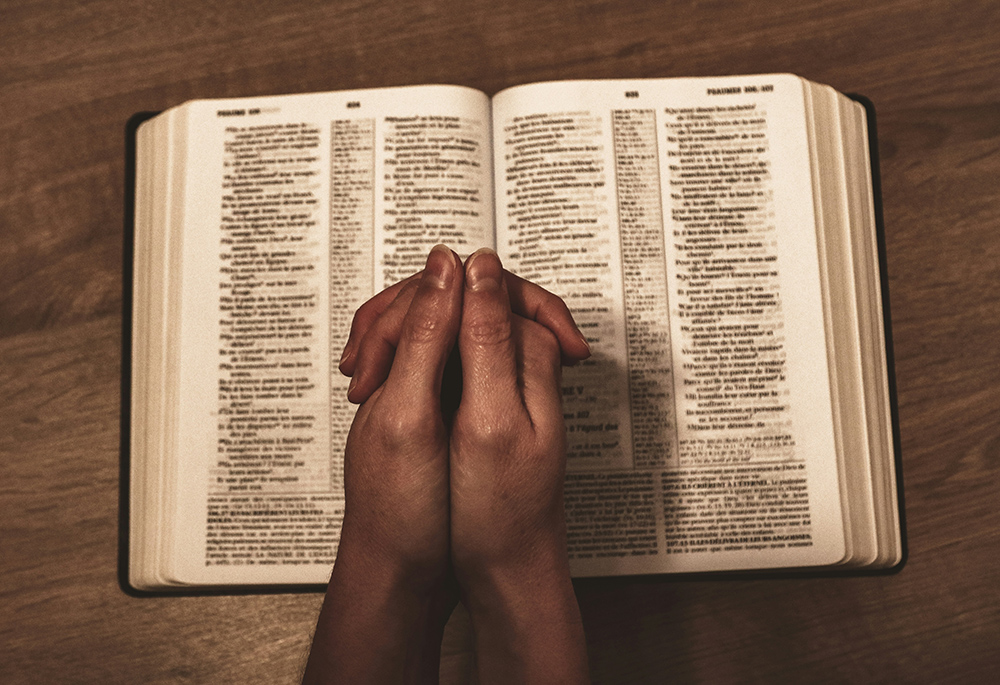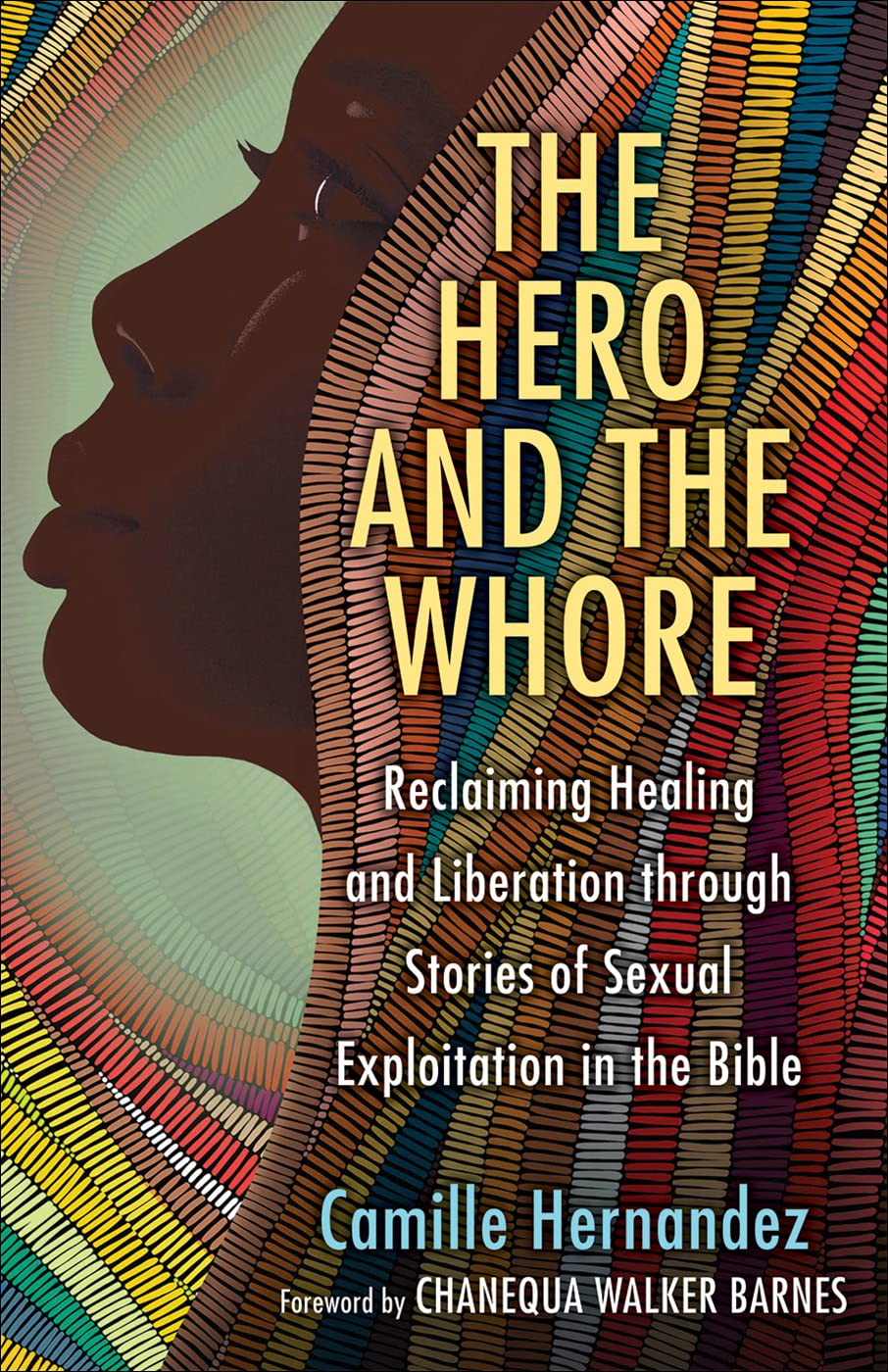
(Unsplash/Jametlene Reskp)
Camille Hernandez's debut book, The Hero and the Whore: Reclaiming Healing and Liberation through the Stories of Sexual Exploitation in the Bible, asks the reader to shed the patriarchal lens through which most of us have read, studied and examined the Bible.
A "patriarchal lens" is one in which there is an assumption that men have and should keep inherent power. Experiences and events are seen through this perspective, for the sake of this perspective. But nothing is stopping us from reading these stories from a new or different perspective.

Hernandez simultaneously weaves her personal experiences as a Black and Filipina woman navigating abusive evangelical and familial spaces as a model of how we can adopt new lenses through which to study sacred Scripture. Her words highlight the fact that many of us have been taught to dissect and analyze the women of the Bible in a flat acceptance of thousands of years of patriarchal rule, even though we know that many cultures and civilizations have been led and influenced by powerful women or more egalitarian leadership structures.
Although our society today condemns certain aspects of what was considered permissible in biblical times, we still normalize behaviors that protect men in power from consequences of abuse, oppression and violence perpetuated in their homes, churches and communities.
Advertisement
The impact of only viewing the Bible through a patriarchal lens is that stories of slavery, sexual exploitation, violence and oppression have been studied and taught from theological and academic spaces dominated by patriarchal norms and societal narratives that excuse, abuse and weaponize stigma to keep and hoard power. It's not just that the stories of these women are unexamined from the perspective of the victims, but furthermore that the complexity and dimension have been flattened to erase and silence the sins that still traumatize society today. We minimize and silence the pain of people who do not identify as male — especially not as straight/cisgender/Caucasian male — which means missing out on the expansiveness and complexity of God.
Hernandez preaches that liberation from oppression comes through storytelling. But it is not just telling the story that brings freedom and healing, it is recognizing that every story can be told from many perspectives. Compassion and empathy beg us to consider every person from the realities of their lived experience, and to wonder how we can extend God's mercy and grace to better understand a kingdom of liberation.
Hernandez preaches that liberation from oppression comes through storytelling. But it is not just telling the story that brings freedom and healing, it is recognizing that every story can be told from many perspectives.
This reminds me of the practice of lectio divina. For too long the Bible has been used to perpetuate abuse, but it can — and should — be used to heal wounds, too. The Hero and the Whore is an invitation into this kind of prayer, because reading becomes praying when we allow these women to be main characters in their own stories, not just supporting actors.
My only complaint is that this book left me wishing Hernandez had written two books: one, an autobiography of her experience as a Black Filipina in Christian communities and how that impacted abuse and trauma and the process of reconciliation; the second, a theological review of the stories of women in the Bible. Hernandez has a lot more to offer by way of biblical scholarship and I was left wanting her to go deeper into each character analysis.
For now, The Hero and the Whore: Reclaiming Healing and Liberation through Stories of Sexual Exploitation in the Bible is an adequate starting point, but I hope there is more from Hernandez in our future.
For too long the Bible has been used to perpetuate abuse, but it can — and should — be used to heal wounds, too.








